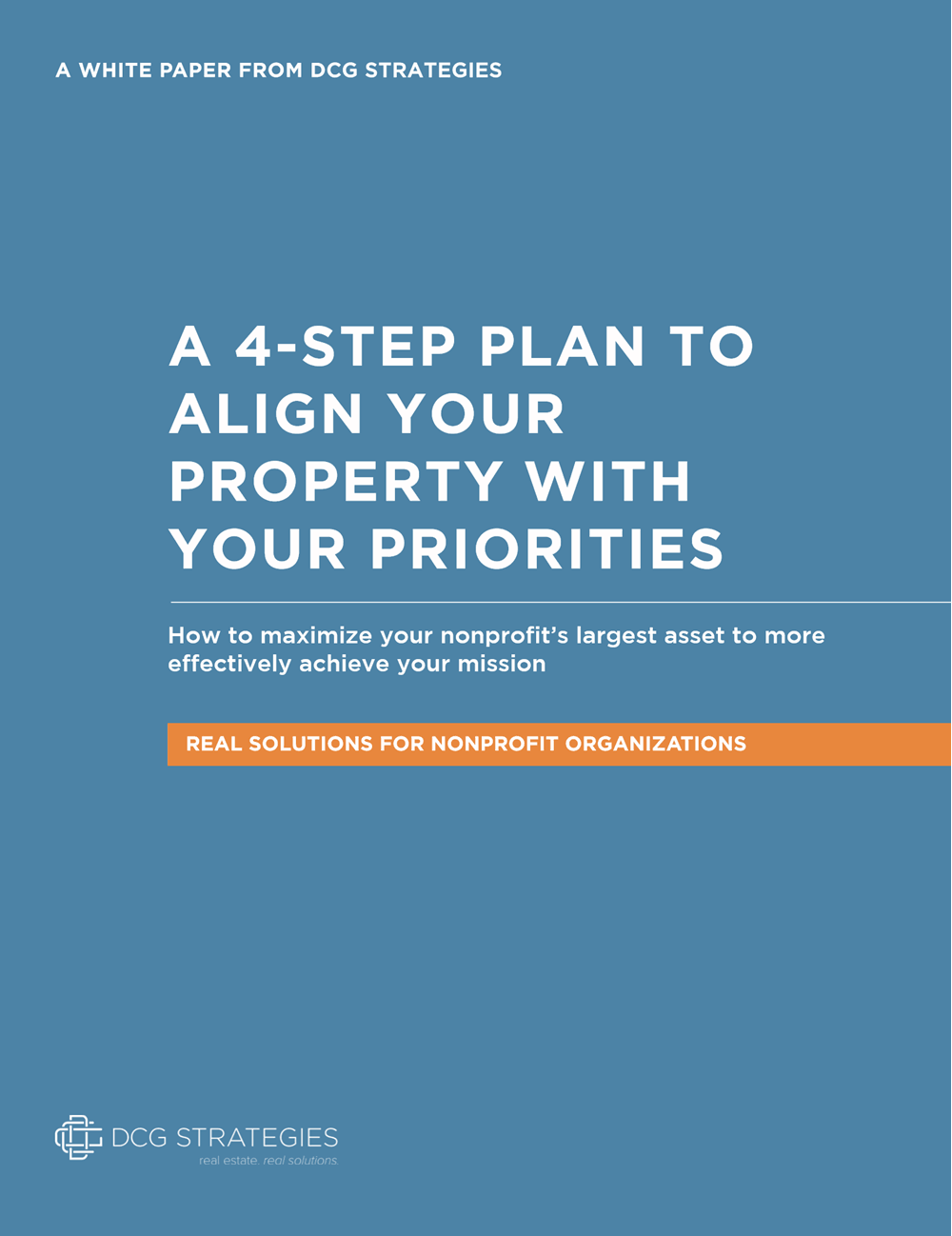California has been dealing with a housing shortage for years, but it has reached crisis levels in San Francisco. Teachers can’t afford to live in the same communities they work in. Houses of worship can’t afford rent or a mortgage and are closing their doors. All the while, existing affordable housing is sold, torn down and redeveloped before housing nonprofits even know it’s on the market, let alone have a chance to put an offer in.
That last piece is where the San Francisco Board of Supervisors decided to step in.
In an attempt to preserve the affordable housing still in the city, the board approved the Community Opportunity to Purchase Act (COPA) this past April. The new law represents a powerful new tool for housing nonprofits.
What COPA does
COPA gives affordable-housing nonprofits the right to make the first and last bid on multi-unit dwellings or land zoned for multi-unit construction that go on the market in San Francisco.
This means that affordable housing units won’t be whisked away without warning. Everything from a three-unit house to a multi-story high rise has to be offered to registered housing nonprofits before it can be sold.
The way it works is that nonprofits that meet basic criteria will be placed on a list maintained by the Mayor’s Office of Housing and Community Development. List criteria are spelled out in the legislation. To qualify, an organization must:
- Be a registered 501(c)(3);
- Have purchased two or more Small Sites properties in the past three years or be partners with an organization that has; and
- Be committed to affordable housing and community engagement and have the capacity to acquire and manage multiple residential properties.
Before property owners can put a multi-unit property on the market, they must request bids from the nonprofits on housing office’s list. Those nonprofits have five days to respond. The seller is not obligated to accept any bids submitted.
However, if a seller goes on to reach an agreement with a private buyer, the approved nonprofits have another five days to match the private buyer’s agreed-upon offer. If one does, the seller is obligated to sell to them.
Having those two five-day windows is a major advantage for nonprofits, but they must be prepared to act quickly.
How nonprofits need to adapt
To maximize the advantage under COPA, it is important to have an up-to-date understanding of your nonprofit’s capacity to finance and manage new properties, and you must be able to quickly recognize properties that support or detract from your organization’s strategic plan.
Know the plan
In order to act with confidence in the wisdom of decisions, it is important to be guided by a strategic plan that pairs your goals — who, what, where and how you want to serve — with the resources needed to make that happen. Such a comprehensive plan will allow your organization to see which of you current resources are not being used effectively and recognize which new opportunities would help you get where you are trying to go.
Know the finances
Having a firm grasp of your organization’s financial situation means more than knowing your cash on hand, estimated income and borrowing capacity. It also means having a firm grasp of your maintenance obligations. Roofs, plumbing and HVAC systems don’t last forever. Nonprofits that don’t do regular property inspections and develop individual maintenance budgets for their properties risk getting overextended.
Know your capacity
The process of growing is a job in itself. A nonprofit needs to be able to explore, negotiate and integrate a new purchase without taking its eyes off its current property portfolio. DCG Strategies regularly partners with nonprofits to help them meet their real estate needs, from property searches, financing, rehabbing and management.
Passing COPA represents a major step forward in San Francisco’s efforts to combat the housing crisis. It is only part of the overall solution. But if affordable-housing nonprofits are to make the most of it, they need to start getting prepared now.






